- contact@laparoscopyadvice.com
- General Practice Hospital, G-9/2 Islamabad
- Mon - Fri: 10:00 am - 7:00 pm
Visiting Hours
| Mon - Fri: | 8:00 am - 8:00 pm |
| Saturday: | 9:00 am - 6:00 pm |
| Sunday: | 9:00 am - 6:00 pm |
Gallery Posts
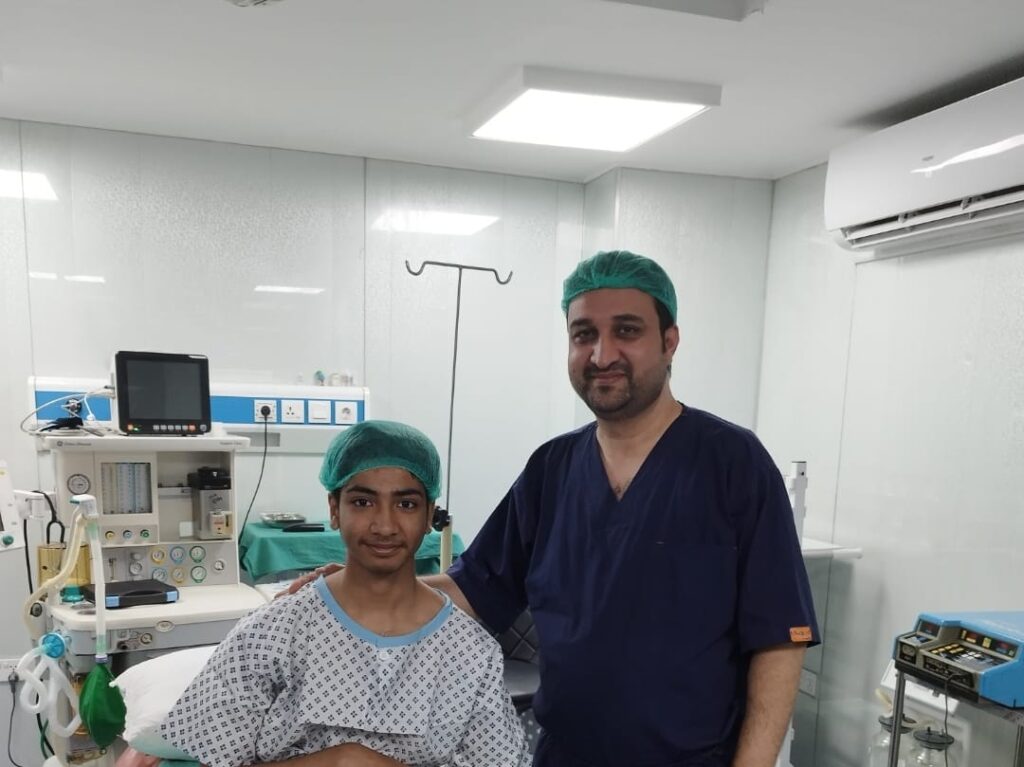
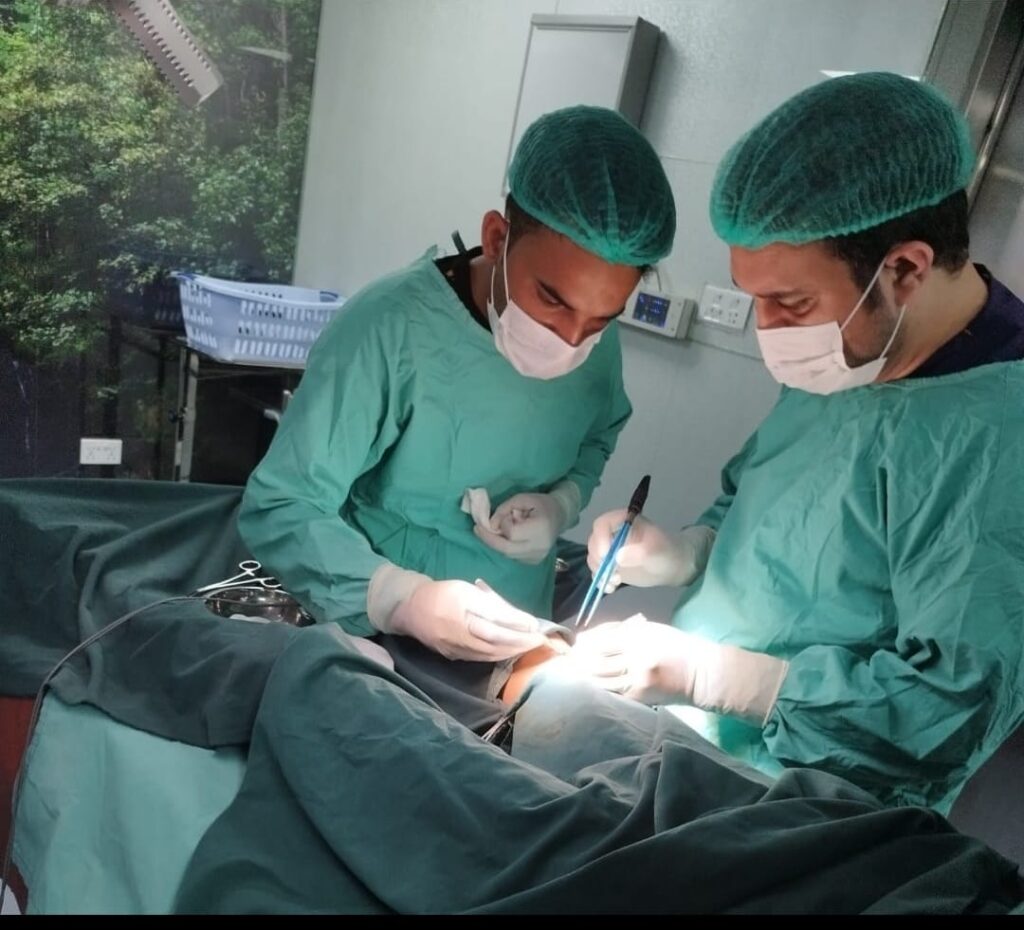
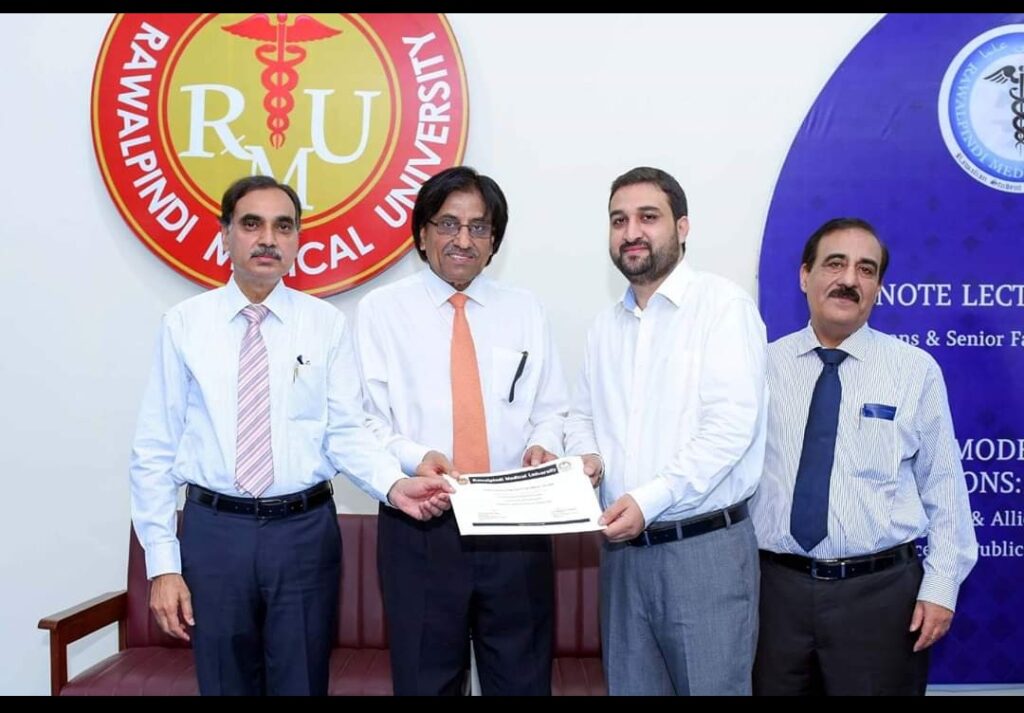
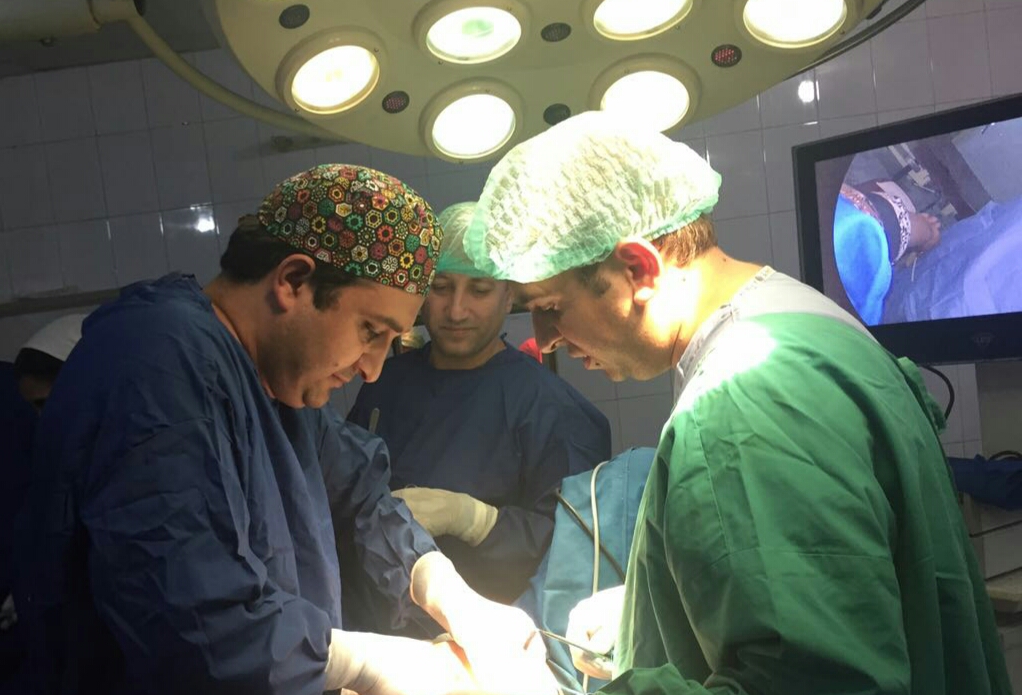
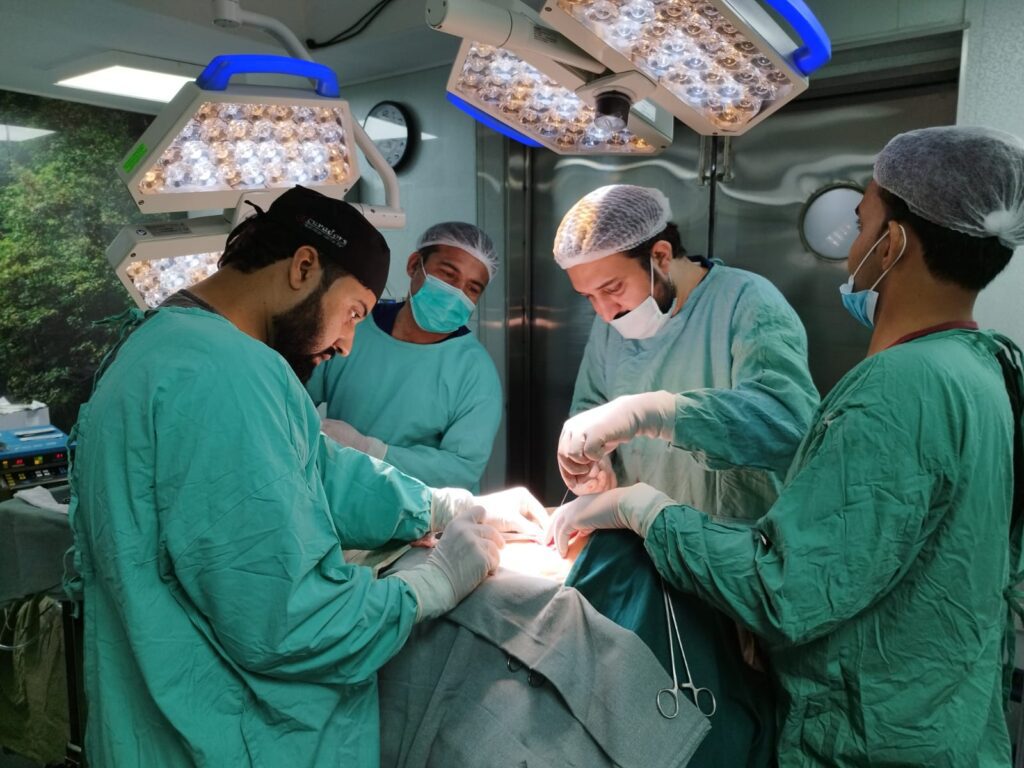

| Mon - Fri: | 8:00 am - 8:00 pm |
| Saturday: | 9:00 am - 6:00 pm |
| Sunday: | 9:00 am - 6:00 pm |







Introduction
Stomach cancer, also known as gastric cancer, is a malignant tumor that develops in the lining of the stomach. It is one of the leading causes of cancer-related deaths worldwide, although its incidence has declined in recent years. Stomach cancer typically begins in the innermost layer of the stomach lining and can grow and spread to other parts of the stomach and nearby organs if left untreated.
Understanding Stomach Cancer
Stomach cancer can manifest in various types, including adenocarcinoma, lymphoma, and gastrointestinal stromal tumors (GIST). Each type presents unique characteristics and challenges, influencing the course of treatment.
Common Types: Adenocarcinoma, Lymphoma, and Gastrointestinal Stromal Tumors (GIST)
Exploring the features of adenocarcinoma, lymphoma, and GIST provides insights into the diverse nature of stomach cancer and the specific challenges associated with each type.
Causes and Risk Factors
While the exact causes of stomach cancer are not fully understood, certain factors increase the risk of developing this condition. This section explores these factors and identifies individuals at a higher risk.



Signs and Symptoms
Recognizing the signs and symptoms of stomach cancer is crucial for early intervention. From abdominal pain to unintended weight loss, understanding the variations based on the type and stage of cancer aids in prompt medical attention.
Variations in Symptoms Based on the Type and Stage of Cancer
Distinguishing between symptoms based on the type and stage of stomach cancer assists healthcare professionals in tailoring appropriate diagnostic and treatment plans.
Diagnosis
Accurate diagnosis of stomach cancer involves a combination of clinical evaluation, imaging studies, and biopsy. This section explores the diagnostic procedures and emphasizes the role of endoscopy, imaging studies, and biopsies in early detection.
The Role of Endoscopy, Imaging Studies, and Biopsies
Underscoring the importance of regular screenings and diagnostic tools ensures early detection and improves the chances of successful treatment.
Treatment Options
Managing stomach cancer includes various modalities, such as surgery, chemotherapy, and targeted therapy. This section explores these options, offering individuals a comprehensive view to make informed decisions about their treatment.
Considerations for Surgery, Chemotherapy, and Targeted Therapy Delving into surgical interventions, chemotherapy regimens, and targeted therapy considerations provides individuals with the necessary insights for making decisions regarding their treatment.
Coping Mechanisms and Support Systems
Highlighting the availability of support groups, counseling services, and resources for coping with the emotional impact of stomach cancer contributes to a holistic approach to cancer care.
Survivorship and Post-Treatment Care Rehabilitation and recovery after stomach cancer treatment are essential components of managing this condition. This section guides individuals on what to expect during the survivorship phase and emphasizes the importance of long-term follow-up care and monitoring.
Importance of Long-Term Follow-Up Care and Monitoring
Regular follow-up appointments and monitoring help detect any potential recurrence or long-term effects of treatment, ensuring ongoing health and well-being.
Prevention Strategies
While not all cases of stomach cancer can be prevented, certain lifestyle and dietary recommendations can reduce the risk. This section outlines steps individuals can take to maintain stomach health.
Lifestyle and Dietary Recommendations for Stomach Cancer Prevention
Providing practical recommendations on maintaining a healthy lifestyle, including a balanced diet rich in fruits and vegetables and avoiding tobacco and excessive alcohol consumption, empowers individuals to take proactive steps towards stomach cancer prevention.
Stomach Cancer Awareness and Advocacy
Raising awareness about stomach cancer is crucial for early detection and improved outcomes. Engaging in advocacy for research and support contributes to a broader effort in combating stomach cancer.
The Significance of Raising Awareness About Stomach Cancer
Underscoring the importance of awareness campaigns and education in communities helps dispel myths and encourage proactive health measures.
Frequently Asked Questions (FAQs)
While most cases of stomach cancer are not directly inherited, there can be a genetic predisposition in some cases. Family history may influence the risk.
Certain dietary factors, such as the consumption of processed meats and pickled foods, may contribute to an increased risk of stomach cancer. Adopting a healthy and balanced diet is advisable.
The survival rate for stomach cancer varies depending on factors such as the stage at diagnosis and the effectiveness of treatment. Early detection and intervention generally improve outcomes.
| Mon - Fri: | 9:00 am - 7:00 pm |
| Saturday - Sunday: | Off |
Copyright 2023 Adil's Laparoscopy World | Powered by Dynaamx